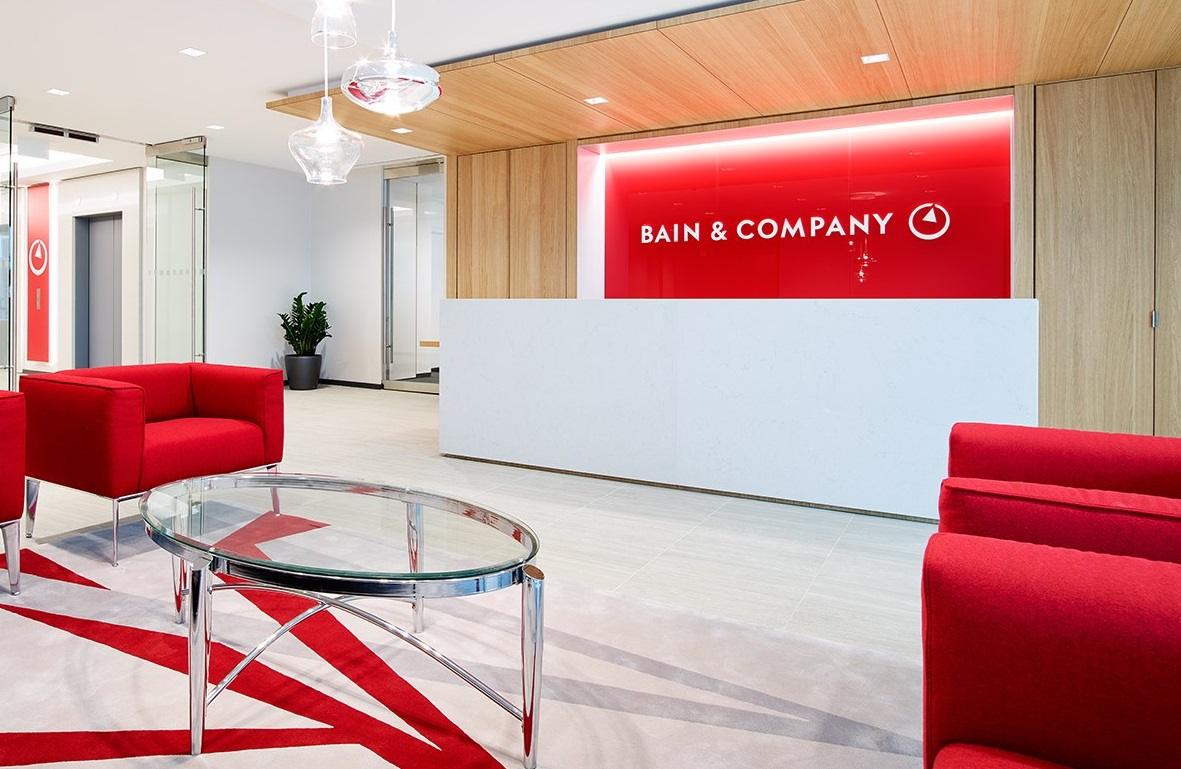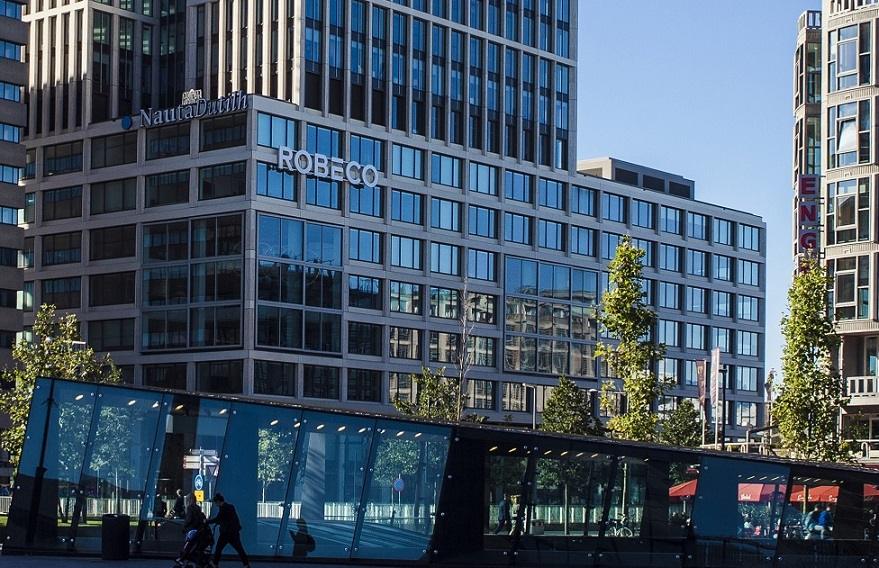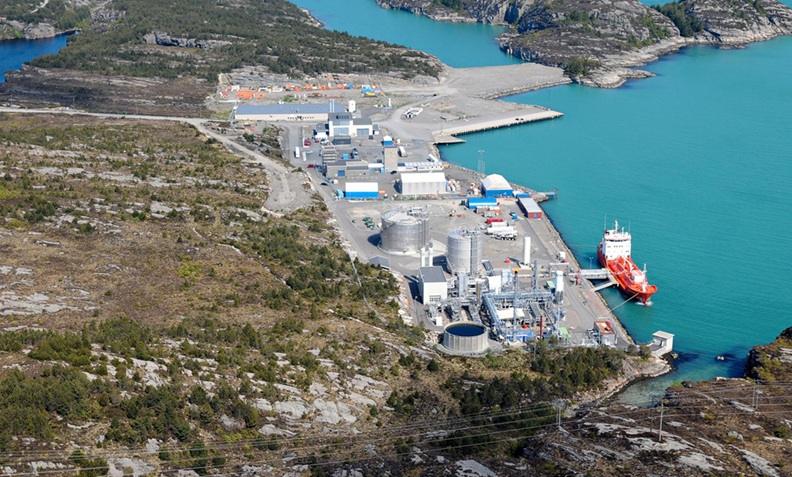CEOs Are Deprioritizing Sustainability as it Becomes More Important to Consumers, Corporate Buyers: Bain Survey
Sustainability is falling behind other pressing issues on the prioritization list of CEOs globally, at the same time that consumers become increasingly focused on climate change and personal impact, and as corporate buyers are shifting their buying preferences to more sustainable products and suppliers, according to a new report released by global management consultancy Bain & Company.
For the report, Bain conducted surveys of more than 500 B2B buyers and sellers across a range of industries, and nearly 19,000 consumers across 10 countries.
The report found a decline in CEOs’ prioritization in sustainability relative to other topics, as executives address a range of issues including inflation, disruptive technology, and geopolitical uncertainty. Additionally, companies are now shifting from a “hype” phase of setting sustainability commitments and early initiatives to the realization that the transformation will be more difficult or take longer than expected, according to the report, which noted, for example, that nearly a third of companies are behind on their Scope 1 and 2 emissions reduction targets, and more than half are trailing on their Scope 3 goals.
Jean-Charles van den Branden, Bain’s Global Sustainability Practice Leader, said:
“The transition to a sustainable world is following a familiar cycle. What began a few years ago as boundless excitement has given way to pragmatic realism. As the challenge of meeting bold commitments becomes clear, many companies are rethinking what is achievable and on what timeline. But slowing progress would be a mistake.”
While CEOs grapple with other issues, however, the report found that sustainability-related issues are coming increasingly into focus for consumers and business buyers.
According to the survey, more than 60% of consumers reported that their concerns over climate change have increased over the past 2 years, with respondents in areas that have experienced extreme weather showing the sharpest increase in concerns. The survey also found that more than three quarters of respondents believe that practicing a sustainable lifestyle is important because their actions have an impact, and consumers citing environmental concerns as the primary driver for a range of behaviors including recycling, limiting purchases of disposable products, minimizing airplane travel, and cutting down on meat or dairy.
Consumers also indicated a willingness to pay a premium for sustainable products, with US respondents, for example, reporting being willing to pay up to 10% more for products with minimal environmental impact, the survey found.
Sustainability is becoming increasingly important to corporate buyers as well, according to the report, which found that it is now one of the top 3 purchasing criteria, with 36% of B2B customers reporting that they would already change suppliers that don’t meet sustainability expectations, and 57% expecting to be willing to do so in three years. Similarly, almost half (49%) of B2B respondents reported that they are willing to pay a premium of 5% or more for more sustainable products or services, and expect their willingness to do so to increase in the future, while only 6% said that they would not pay any sustainability premium.
As corporate buyers increasingly integrate sustainability considerations into their purchasing behaviors, the survey found that many suppliers are moving to address this demand, with 35% reporting that their company’s salesforce targets customers with high sustainability commitments, and 35% report having incentive plans in place for sales of sustainable products. However, only around half said that their salesforce understands the economic benefits of sustainable products or are equipped with marketing materials to emphasize product sustainability.
Additionally, while 85% of suppliers said that they are embedding sustainability into their products and services to some extent, only around half of buyers said that the sustainable options meet their expectations.
van den Branden said:
“Building a sustainable business remains a strategic imperative. Customers, consumers, and regulators are demanding it. Risk and competition will compel it. Transitions in energy, food, and other sectors are well underway. Sooner than expected, a mix of new technologies, consumer and customer behavior, and smart policy will create valuable opportunities for the most forward-thinking companies across industries.”
Click here to access the report.





